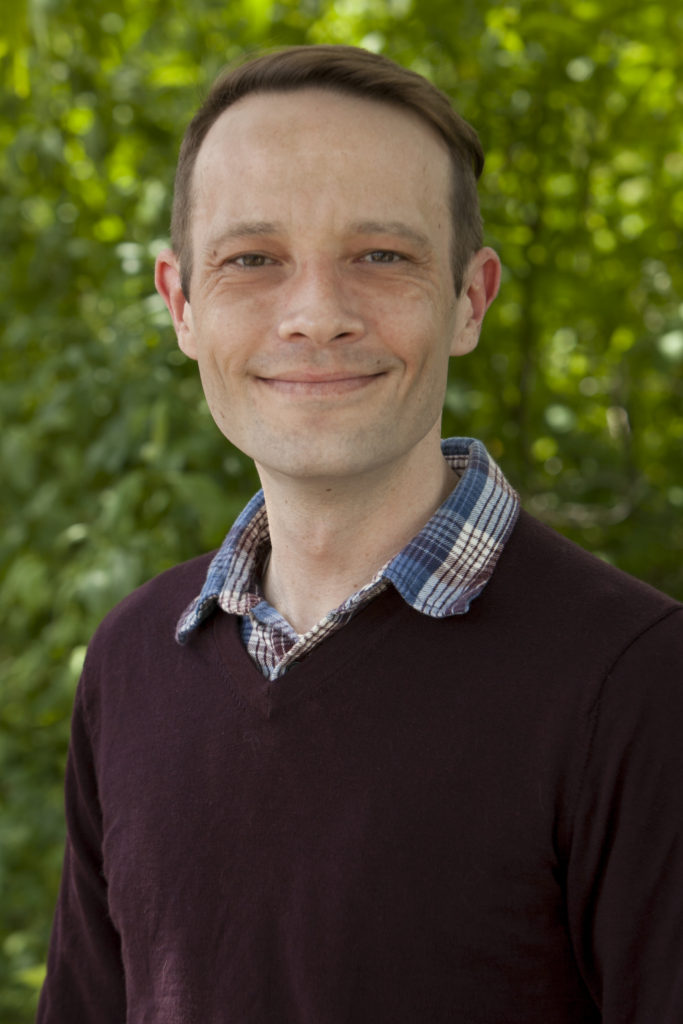Senior Scientist
B.A. Applied Mathematics; M.S. Environmental Systems – Mathematical Modeling; Ph.D. Quantitative Ecology and Resource Management
Phone: (206) 960-4498
Issaquah, Washington

Senior Scientist
B.A. Applied Mathematics; M.S. Environmental Systems – Mathematical Modeling; Ph.D. Quantitative Ecology and Resource Management
Phone: (206) 960-4498
Issaquah, Washington
Kai is a biometrician and modeler with over 10 years of broad experience in mathematical modeling, spatial analysis, and data visualization. His work focuses on providing decision support for natural resource management through mathematical and statistical modeling, exploring and visualizing data, and quantifying trade-offs. He has a wide-range of experience with mathematical modeling including optimization modeling (integer and multi-objective models), simulation modeling (agent/individual-based models, growth and yield), statistical modeling (model and parameter fitting, both frequentist and Bayesian), and spatial analysis using geographic information systems (GIS).
Selected Publications
Timm R. K., L. Caldwell, A. Nelson, C. Long, M. B. Chilibeck, M. Johnson, K. Ross, A. Muller, and J. M. Brown. 2019. Drones, hydraulics, and climate change: inferring barriers to steelhead spawning migrations. WIREs Water 6:e1379.
Roni, P., M. Krall, C. Clark, and K. Ross. 2019. Salmon Recovery Funding Board reach-scale project effectiveness monitoring program: 2018 Final Report. Report to the Washington Salmon Recovery Funding Board, Recreation and Conservation Office, Olympia, Washington.
Roni, P., C. Clark, M. Krall, S. Burgess, and K. Ross. 2019. Bonneville Power Administration Action Effectiveness Monitoring Program – 2018 Annual Report. Report to Bonneville Power Administration, Project Number 2016-001-00, Portland, Oregon.
Ross, K. L., S. F. Tóth, and W. Jaross. 2018. Forest harvest scheduling with endogenous road costs. Interfaces 48(3):260-270.
Clark, C., M. Krall, K. Ross, and P. Roni. 2018. OWEB-SRFB coordinated monitoring program for livestock exclusion projects: 2017 Final Report. Report to the Washington Salmon Recovery Funding Board, Olympia, Washington.
Caldwell, L., D. Stroud, F. Carpenter, L. Belcher, M. Morasch, K. Denton, and K. Ross. 2017. Merwin upstream passage adult trap efficiency: 2016 Final Report. Report to Pacific Power (A Division of PacifiCorp).
Ceder, K., M. Teply, and K. Ross. 2016. Eastside modeling effectiveness project (EMEP). Report to the Washington Department of Natural Resources Cooperative Monitoring, Evaluation, and Research Committee, Olympia, Washington.
Ross, K. L. 2016. Extending harvest-scheduling using spatial optimization: road access and edge effects. Doctoral dissertation. University of Washington, Seattle.
Ross, K. L., and S. F. Tóth. 2016. A model for managing edge effects in harvest scheduling using spatial optimization. Scandinavian Journal of Forest Research 31(7):646-654.
Van Kirk, R., S. Martin, K. Ross, and M. Douglas. 2014. Computer simulation modeling to determine trailhead quotas for overnight wilderness visitor use. Journal of Park and Recreation Administration 32(3).
Ross, K. 2011. A simulation model for wilderness use in Yosemite National Park. Master’s Thesis. Humboldt State University, Arcata, California.